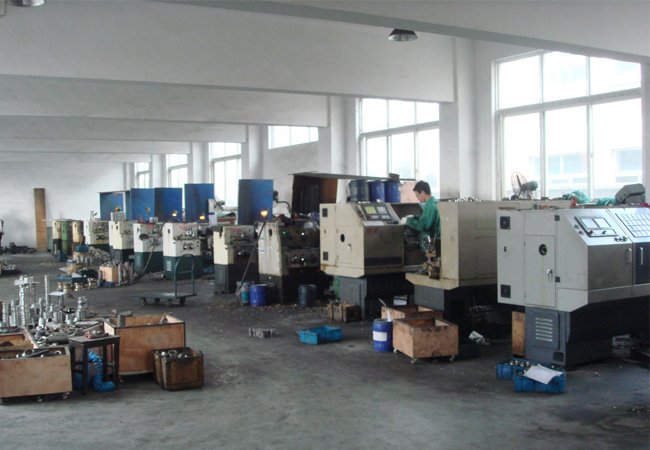Tagalog
- Afrikaans
- Albanian
- Amharic
- Arabic
- Armenian
- Azerbaijani
- Basque
- Belarusian
- Bengali
- Bosnian
- Bulgarian
- Catalan
- Cebuano
- Corsican
- Croatian
- Czech
- Danish
- Dutch
- English
- Esperanto
- Estonian
- Finnish
- French
- Frisian
- Galician
- Georgian
- German
- Greek
- Gujarati
- Haitian Creole
- hausa
- hawaiian
- Hebrew
- Hindi
- Miao
- Hungarian
- Icelandic
- igbo
- Indonesian
- irish
- Italian
- Japanese
- Javanese
- Kannada
- kazakh
- Khmer
- Rwandese
- Korean
- Kurdish
- Kyrgyz
- Lao
- Latin
- Latvian
- Lithuanian
- Luxembourgish
- Macedonian
- Malgashi
- Malay
- Malayalam
- Maltese
- Maori
- Marathi
- Mongolian
- Myanmar
- Nepali
- Norwegian
- Norwegian
- Occitan
- Pashto
- Persian
- Polish
- Portuguese
- Punjabi
- Romanian
- Russian
- Samoan
- Scottish Gaelic
- Serbian
- Sesotho
- Shona
- Sindhi
- Sinhala
- Slovak
- Slovenian
- Somali
- Spanish
- Sundanese
- Swahili
- Swedish
- Tagalog
- Tajik
- Tamil
- Tatar
- Telugu
- Thai
- Turkish
- Turkmen
- Ukrainian
- Urdu
- Uighur
- Uzbek
- Vietnamese
- Welsh
- Bantu
- Yiddish
- Yoruba
- Zulu
Telephone: +86 13120555503
Email: frank@cypump.com
Nov . 20, 2024 16:01 Back to list
chemical feed pump
The Importance of Chemical Feed Pumps in Industrial Applications
Chemical feed pumps play a vital role in various industrial processes, facilitating the accurate and efficient delivery of chemicals for a wide range of applications. These pumps are essential in industries such as water treatment, agriculture, petrochemical, food and beverage, and pharmaceuticals. Their primary function is to inject precise amounts of chemicals into a system to ensure effective reactions, maintain product quality, and comply with safety regulations.
One of the key advantages of chemical feed pumps is their ability to deliver consistent flow rates, which is critical in maintaining the desired concentration of chemicals in solutions. Variability in chemical feed can lead to ineffective treatment processes, product inconsistencies, and potentially hazardous situations. For instance, in water treatment facilities, chemical feed pumps are used to add disinfectants, coagulants, or pH adjusters to the water supply. Accurate dosing is crucial for ensuring safe drinking water, as both underdosing and overdosing can have serious health implications.
Chemical feed pumps come in various designs, including diaphragm, peristaltic, and gear pumps, each suited to different applications. Diaphragm pumps, for example, are renowned for their reliability and ability to handle corrosive or viscous fluids. Peristaltic pumps are favored for their simplicity and the fact that the fluid only comes into contact with the tubing, minimizing contamination risks. Selecting the appropriate type of pump depends on factors such as the nature of the chemical being pumped, flow rate requirements, and system pressure.
chemical feed pump

In addition to their functional capabilities, modern chemical feed pumps are increasingly integrated with advanced technologies, such as variable frequency drives (VFDs) and smart monitoring systems. These innovations enhance operational efficiency by providing real-time feedback on pump performance and allowing for adjustments based on changing process conditions. This level of control not only optimizes chemical usage but also contributes to cost savings and reduced environmental impact.
Furthermore, regular maintenance and monitoring of chemical feed pumps are crucial to ensuring their reliable operation. Routine inspections can help identify wear and tear or potential malfunctions before they escalate into more significant issues. Investing in maintenance not only prolongs the lifespan of the pump but also minimizes downtime in production processes.
In conclusion, chemical feed pumps are integral components in numerous industrial settings, essential for ensuring the precise and safe delivery of chemicals. As industries continue to evolve, the demand for high-performance, reliable pumping solutions will only grow, making the ongoing development and refinement of chemical feed pump technology an important focus for manufacturers and end-users alike.
-
Reliable Non-Clog Sewage Pumps with GPT-4-Turbo Tech
NewsAug.04,2025
-
High-Performance Air Pumps for Sand & Gravel | Efficient Transport
NewsAug.03,2025
-
ISG Series Vertical Pipeline Pump - Chi Yuan Pumps Co., LTD.|Energy Efficiency, Corrosion Resistance
NewsAug.03,2025
-
ISG Series Pipeline Pump - Chi Yuan Pumps | Energy Efficiency&Compact Design
NewsAug.03,2025
-
ISG Series Vertical Pipeline Pump - Chi Yuan Pumps Co., LTD.|High Efficiency, Low Noise, Durable
NewsAug.02,2025
-
ISG Series Vertical Pipeline Pump - Chi Yuan Pumps | High Efficiency, Low Noise
NewsAug.02,2025










